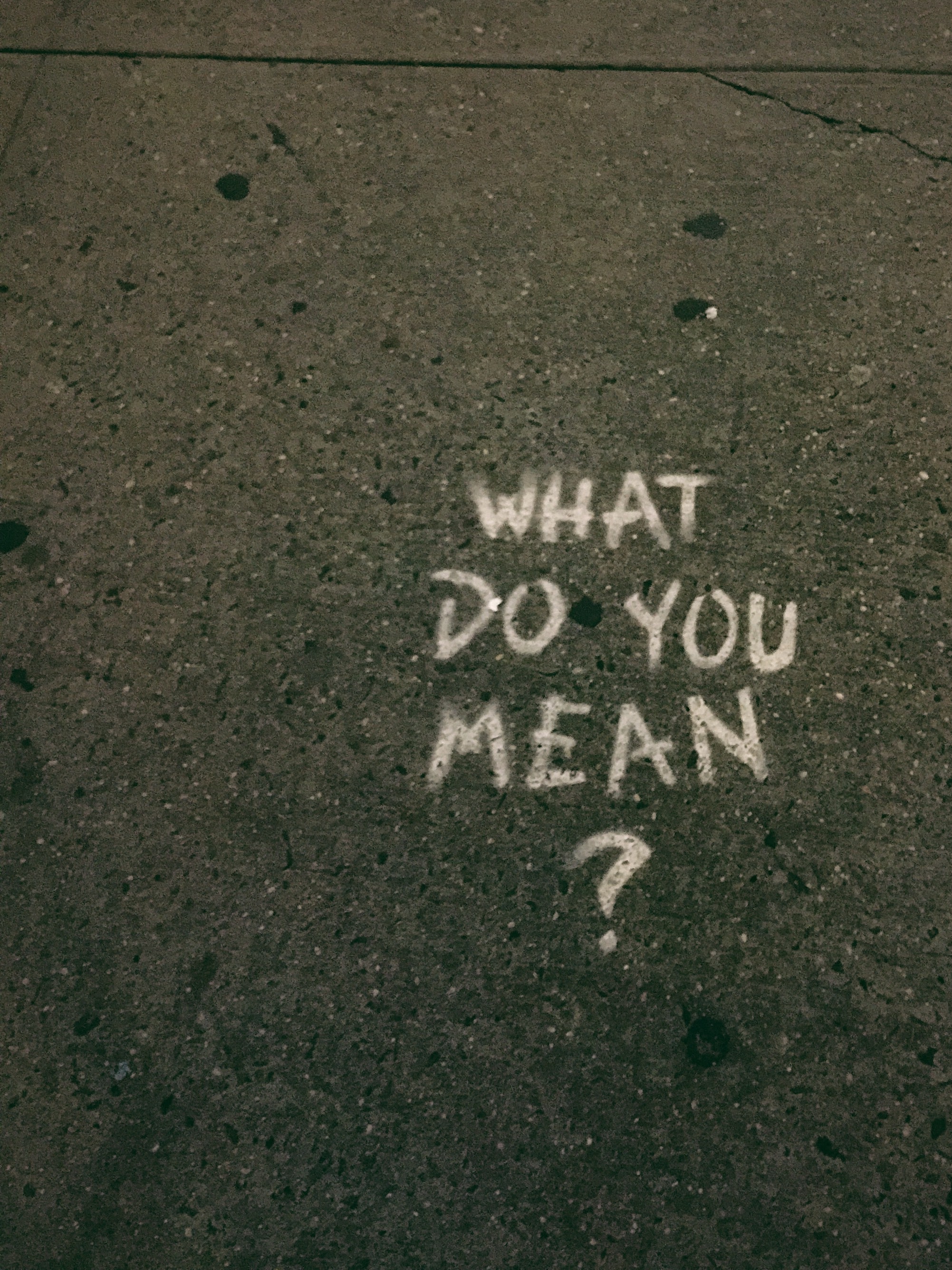“I don’t know” is a phrase I am beginning to appreciate more and more.
What I’ve realized in the past couple of weeks is I don’t really know a lot about lots of things. I have an opinion on things I shouldn’t have an opinion on because I don’t know enough about it to form an educated opinion. One might say I have “nickel knowledge”—knowledge that is very limited, but just enough to make one feel one understands a topic enough to speak on it.
I started thinking back to when I felt that saying “I don’t know” was a bad thing. I think it may have come from time in school as a student. I can trace it back to elementary school when answering a teacher’s question with “I don’t know” was looked upon as almost defiant. When in reality it is a very humbling and honest statement.
I have found when I ask someone to explain their belief, they tend to explain the belief they heard from another person. The belief that is held really has no back ground or merit, it just feels good—and that is fine, that is where most beliefs start, where they feel good. But, wouldn’t it feel better if one could fully understand a subject and then form their own belief? I am talking to myself, too. I say, “I don’t know”, but I don’t think I say it as often as I should. I think if people really said, “I don’t know” every time they really didn’t know something fully, every time their knowledge of a situation or topic was really “nickel knowledge” we would find that most of us don’t really know a lot about anything. However, we aren’t supposed to stop there, this is where opportunities arise to educate ourselves.
Even when it has come down to the search for infertility answers and health answers, I have only had 2 doctors tell me, “I don’t know where to go from here” or “I don’t know where to start with this, let me refer you to someone who can help you.” I didn’t for one second find those doctors to be any less professional. I actually appreciated their honesty. I said, “okay, thank you for saving me money, time and for not getting my hopes up and then dashing them again.” Hearing “I don’t know” allowed me to accept things, it allowed me to move on in a direction where I might find an answer, the right answer.
Next time you are asked a question, ask yourself if you know enough about the question to answer it. If not, preface that your knowledge is limited, but you are willing to share the experiences you have had or the knowledge that you have gathered. Don’t make a statement as if the statement is fact, say where and how you came up with the answer. Those you are speaking with deserve to know where the information is coming from, after all, you could be helping to shape their beliefs and opinions, as well. Isn’t it important enough for them to have the right information? Otherwise, we will continue to live in a society that only has beliefs based on the lack of knowledge of someone else. No wonder we are all pissed off all the time, no one really has the whole story.
Written by: Dayna Mohan


